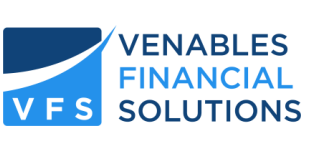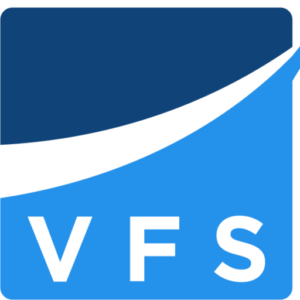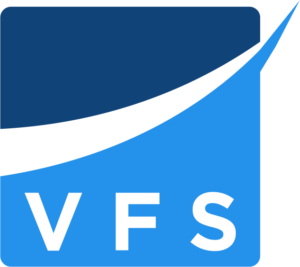Smart Money Moves for Teachers in Their 30s
As a teacher in your 30s, you’re likely hitting your stride in your career, but also facing increasing financial responsibilities. This is a pivotal decade to establish strong financial habits that will pay dividends for years to come. Here are some smart money moves to consider:
By: Jeff Venables
1. Fully Fund Your Emergency Fund
This is foundational. Aim to have 3-6 months’ worth of essential living expenses saved in an easily accessible, high-yield savings account. This fund acts as a buffer against unexpected events like medical emergencies, car repairs, or even job insecurity, preventing you from going into debt.
2. Maximize Retirement Contributions
Your 30s offer a powerful advantage: time. The earlier you start and maximize your retirement contributions, the more you benefit from compound interest.
- 403(b) and 457(b) Plans: If your school district offers these, contribute as much as you can, at least enough to get any employer match.
- Roth IRA: Consider contributing to a Roth IRA, especially if you anticipate being in a higher tax bracket in retirement. The contributions are after-tax, but qualified withdrawals are tax-free.
- Catch-Up Contributions (Later): While not applicable in your 30s, establishing the habit now will make catch-up contributions in your 50s much easier.
3. Get Your Cash Flow in Order
Understanding where your money goes is crucial.
- Create a Budget: Use a spreadsheet, app, or pen and paper to track your income and expenses. Identify areas where you can cut back.
- Automate Savings: Set up automatic transfers from your checking to your savings and investment accounts each payday. “Set it and forget it” is a powerful strategy.
- Review Subscriptions: Cancel unused subscriptions that are eating into your monthly budget.
4. Prioritize Debt Strategically
Not all debt is created equal.
- High-Interest Debt First: Focus on paying off credit card debt or personal loans with high interest rates as quickly as possible.
- Student Loans: Explore repayment options for student loans. If you have federal loans, consider income-driven repayment plans or public service loan forgiveness (PSLF) if you qualify. Making extra payments on the principal can save you a lot in interest over the long run.
5. Invest in Your Career Growth & Advanced Degrees
As a teacher, your earning potential often increases with experience and further education.
- Professional Development: Seek out opportunities for professional development that can lead to higher pay scales or new roles.
- Master’s or Doctorate Degree: An advanced degree can significantly boost your salary. Research the return on investment and potential salary bumps in your district before committing. Consider if your district offers tuition reimbursement.
6. Obtain Term Life Insurance
If you have dependents (children, a spouse, or even elderly parents you support), term life insurance is a must. It provides financial protection for your loved ones if something happens to you.
- Term vs. Whole Life: For most teachers in their 30s, term life insurance is the most cost-effective option, covering you for a specific period (e.g., 20 or 30 years) when your financial obligations are highest.
- Coverage Amount: A common guideline is 5-10 times your annual salary, but factor in your specific debts, income replacement needs, and future expenses for your dependents.
By taking these steps in your 30s, you’ll build a robust financial foundation that supports your present and secures your future. Start today, and watch your financial well-being flourish alongside your rewarding career in education.




